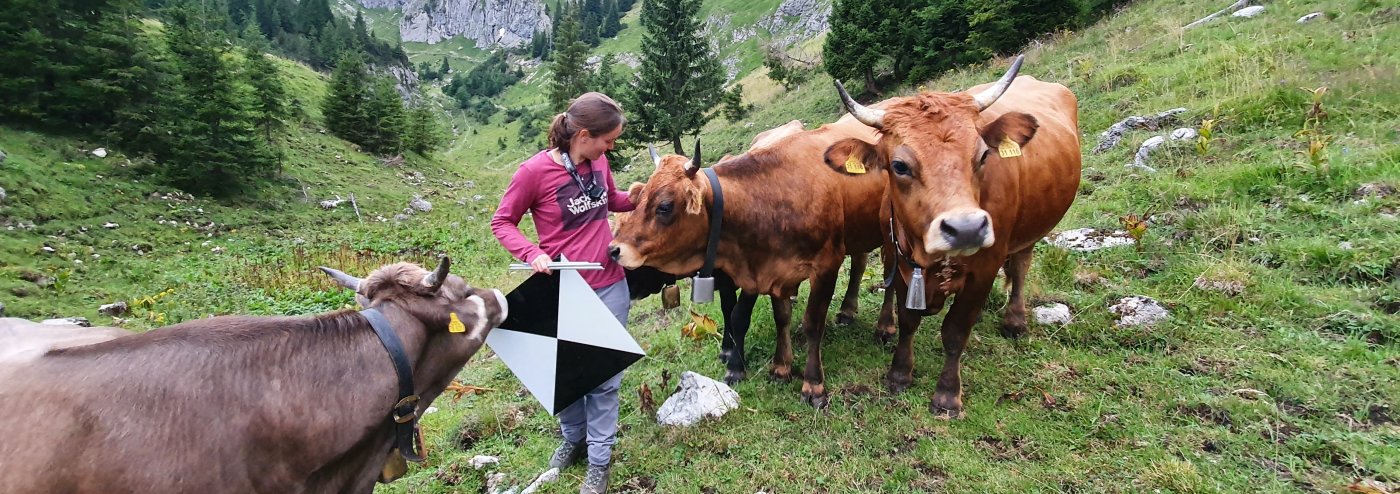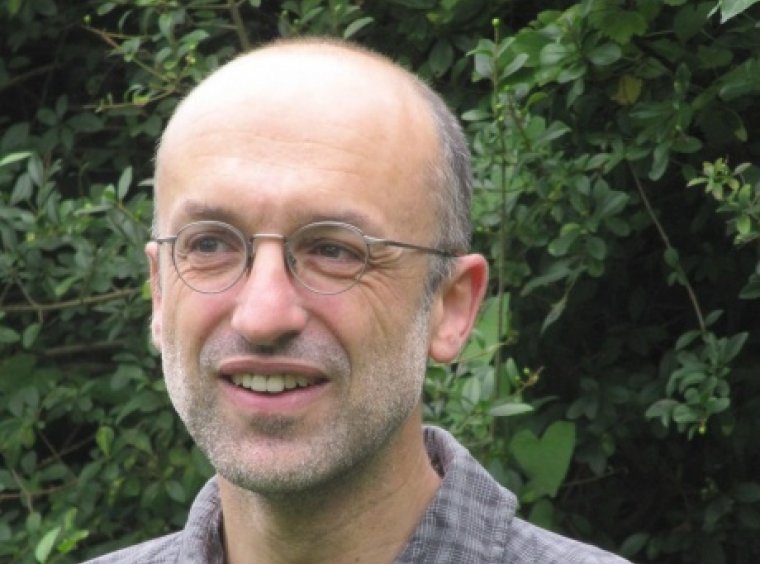
Carbon storage in soils through grazing - a contribution to climate-neutral milk production?
New Bavaria-wide research project KUHMUS-Beweidung at Campus Alpin aims to provide answers
The European Union is endeavouring to achieve climate neutrality by 2050 at the latest. Milk production is a particular focus of attention as it contributes significantly to the agricultural release of the greenhouse gases (GHGs) carbon dioxide (CO₂) and methane (CH₄). At the same time, however, agricultural soils offer great, as yet underutilised, potential for sequestering atmospheric carbon. Targeted grazing - a central component of grassland management in Bavaria - could promote carbon storage in the soil and thus contribute to reducing GHG emissions from milk production.
However, reliable scientific data on the long-term effect of grazing on humus formation is still lacking. Without this evidence, neither agriculture nor politics can derive targeted measures to promote climate-friendly farming methods. The short-term project KUHMUS-Beweidung, funded by the Bavarian State Ministry of Food, Agriculture, Forestry and Tourism (Bayerisches Staatsministerium für Ernährung, Landwirtschaft, Forsten und Tourismus, StMELF), is the first in Bavaria to systematically analyse the influence of grazing on carbon storage in the soil. The aim is to assess its potential to reduce the greenhouse gas (GHG) footprint of milk production in Bavaria. The main focal points of the project are:
1) Analysing the relationships between grazing and carbon storage,
2) Evaluation of the soil carbon sequestration potential as a contribution to the reduction of GHG emissions at the farm level,
3) Development of practical recommendations for climate-friendly grassland management.
For this purpose, soil C data will be collected on representative Bavarian grassland farms using paired study areas (long-term grazing vs. non-grazed areas) and compared with the total farm emissions determined using the LfL climate check tool. In this way, the overall farm and product-related greenhouse gas balance can be calculated, taking into account the soil carbon changes caused by grazing.
The knowledge gained is intended to provide a sound basis for decision-making for farmers and political actors in order to specifically promote the climate protection potential of grazing and transfer it into agricultural practice.
Contact at IMK-IFU:
Dr. Elisabeth Ramm
Funding period: 01.12.2024 – 30.11.2025
Funded by: Bavarian State Ministry of Food, Agriculture, Forestry and Tourism (Bayerisches Staatsministerium für Ernährung, Landwirtschaft, Forsten und Tourismus, StMELF)

